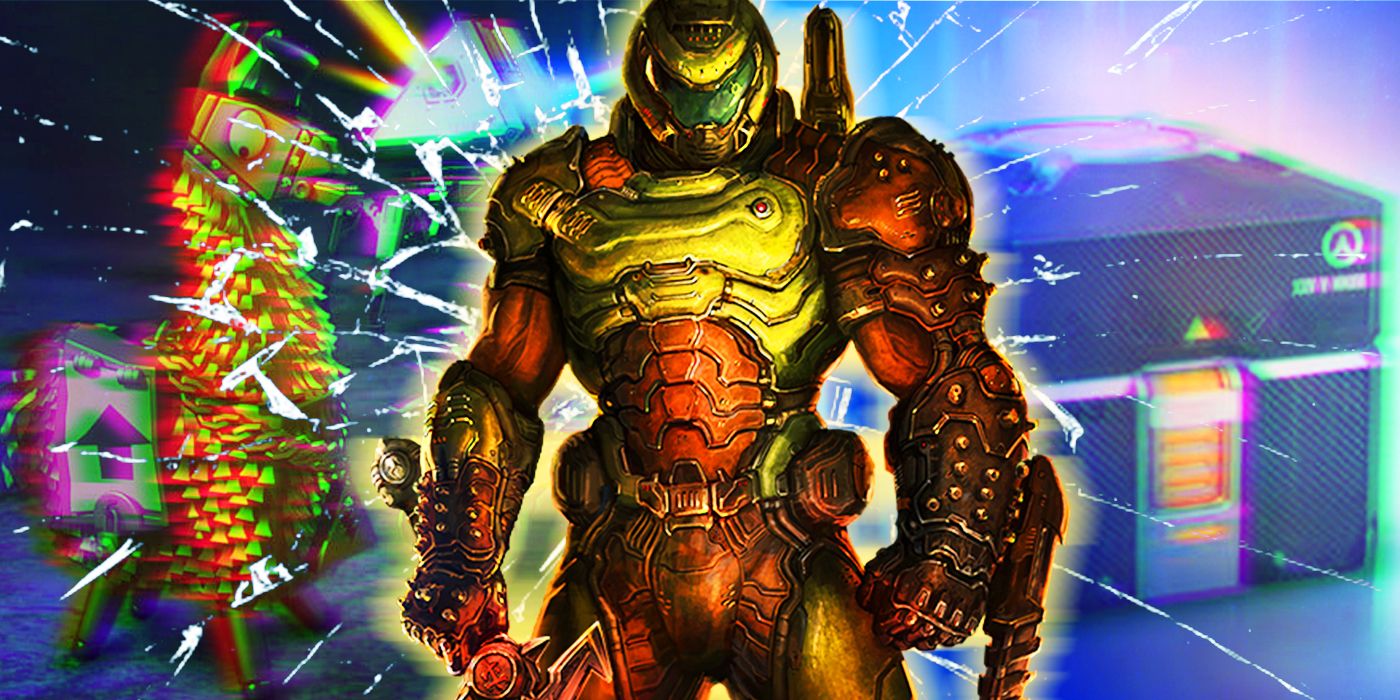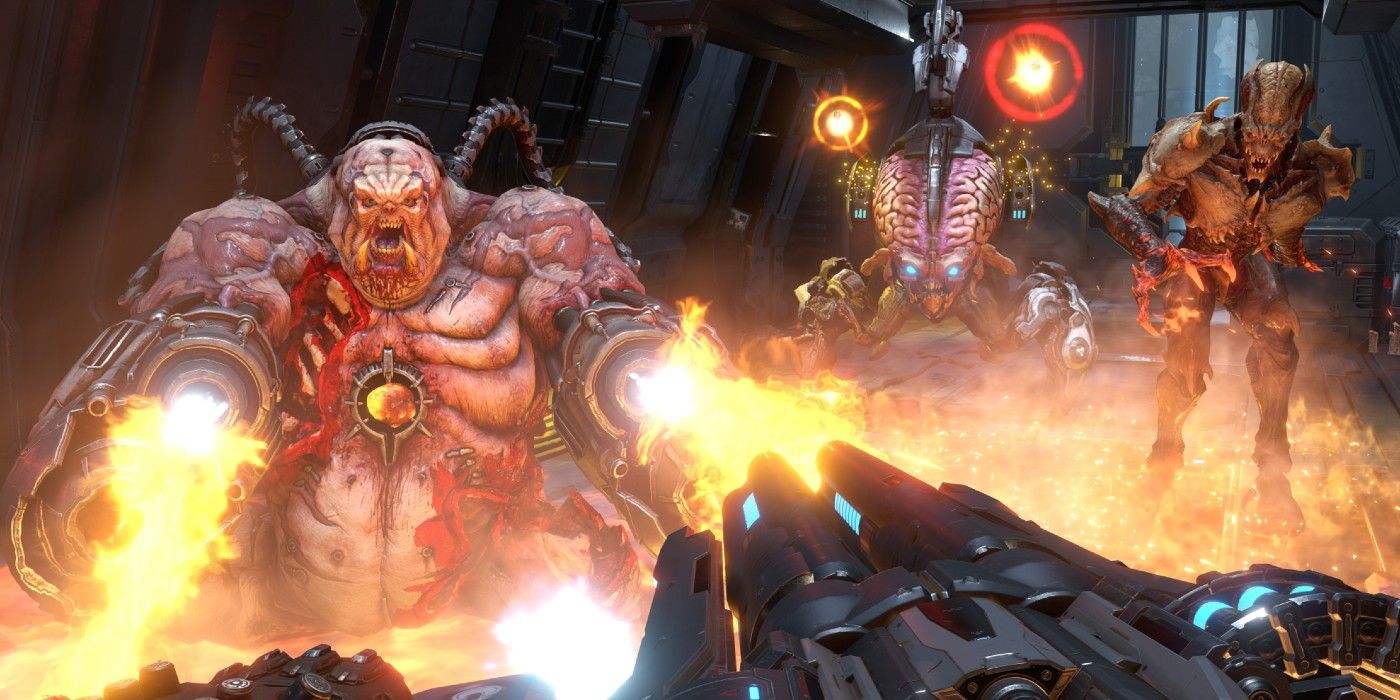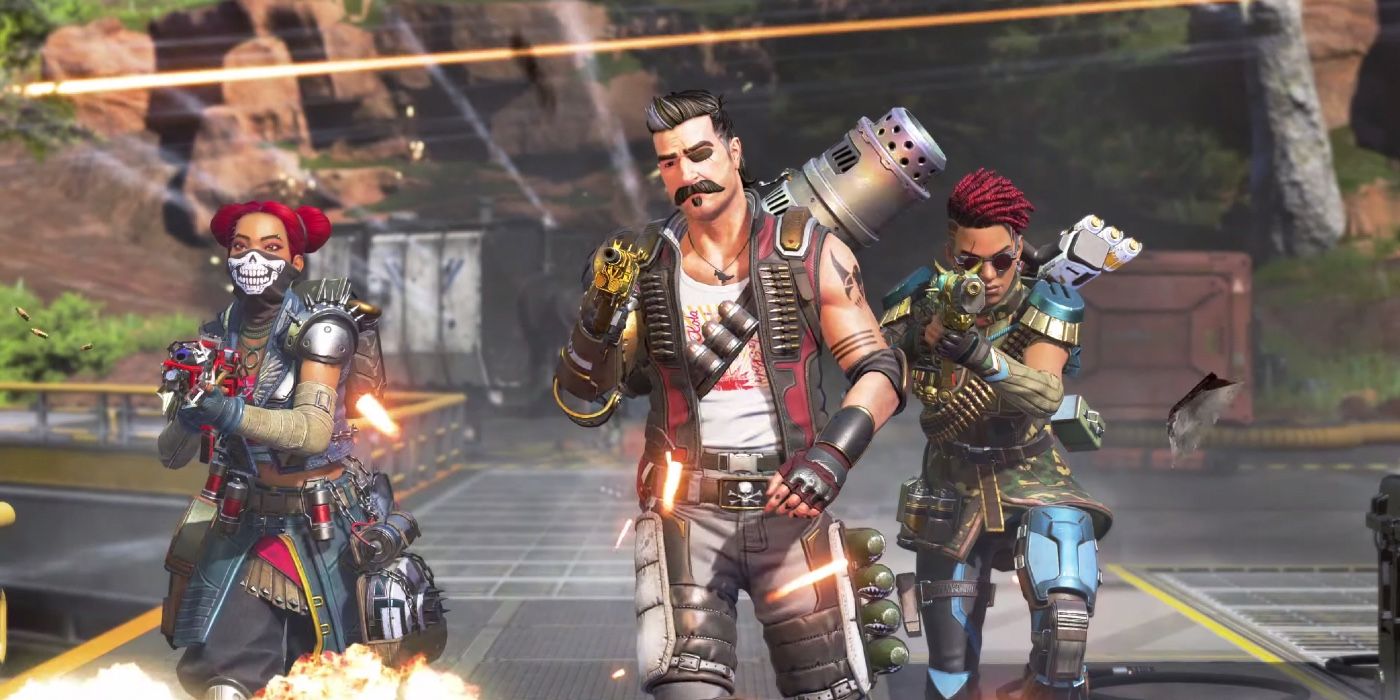Since the early '90s, Doom's been a frontrunner of the video game industry. The franchise's been able to withstand the tests of time, giving multiple generations the fast-paced FPS experience they crave. Doom Eternal carries the series' legacy with pride as it recently made nearly half a billion dollars in profit. This might not seem like a big deal since Doom is an absolute powerhouse in the industry, but what makes Doom Eternal’s success so unique is it hit the half-a-billion mark without a single microtransaction or loot box.
In today's day and age, the industry seems to focus more on monotonizing a game than giving fans memorable video game experiences. Countless games are filled with egregious microtransactions, loot boxes and battle passes but suffer from subpar gameplay. Doom Eternal decided to go against the industry's narrative and give players a fantastic game without bogging it down with unnecessary monetization schemes. It appears Bethesda's plan paid off as Doom Eternal became one of the most successful games of 2020, proving microtransactions aren't necessary for a game to become profitable.
Microtransactions have been a hot topic in the gaming scene for quite some time. Some people despise the controversial monetization tactics, while others view them as a necessary evil. With video games becoming more expensive to make with every passing year, some gamers believe microtransactions are needed to make up for its pricy development cycle. However, games like Doom Eternal and Ghost of Tsushima prove otherwise. Both games became widely successful without hiding content behind outrageous paywalls. They centered around phenomenal gameplay and didn't pressure fans to purchase unnecessary add-ons. Their consumer-friendly approach made them fan favorites, launching them into mainstream stardom.
Consumer-friendly business strategies are more lucrative than the industry realizes. Heavy monetization can be very off-putting to gamers. Most people favor unlocking new items through gameplay progression over buying them through an online store. Games like Doom Eternal give players a complete game right out of the box, so fans don't feel like they need to buy more things to unlock the full experience. Nothing feels left out or incomplete. If more publishers and developers shifted their focus away from microtransactions and concentrated on making the best game possible, they might become more financially successful.
Although the gaming community widely dislikes microtransactions, they are necessary in certain situations. A lot of free-to-play games need microtransactions since they don't require an initial purchase. Microtransactions help games like Rocket League and Apex Legends stay afloat while giving gamers a fun experience at no extra cost. They may be annoying and somewhat intrusive at times, but they are essential for a free-to-play game to thrive.
Games like Doom Eternal set a standard that more games should strive for. They give players incredible gaming experiences without pushing egregious microtransactions down the consumer's throat. If more games followed Doom Eternal's business model, they could appeal to more gamers while possibly making the game more profitable. Although microtransactions a necessary evil in certain situations, they shouldn't be ingrained in single-player games as much as they are today. Hopefully, the industry will look at Doom Eternal's success and see that microtransactions aren't as important as they seem.



